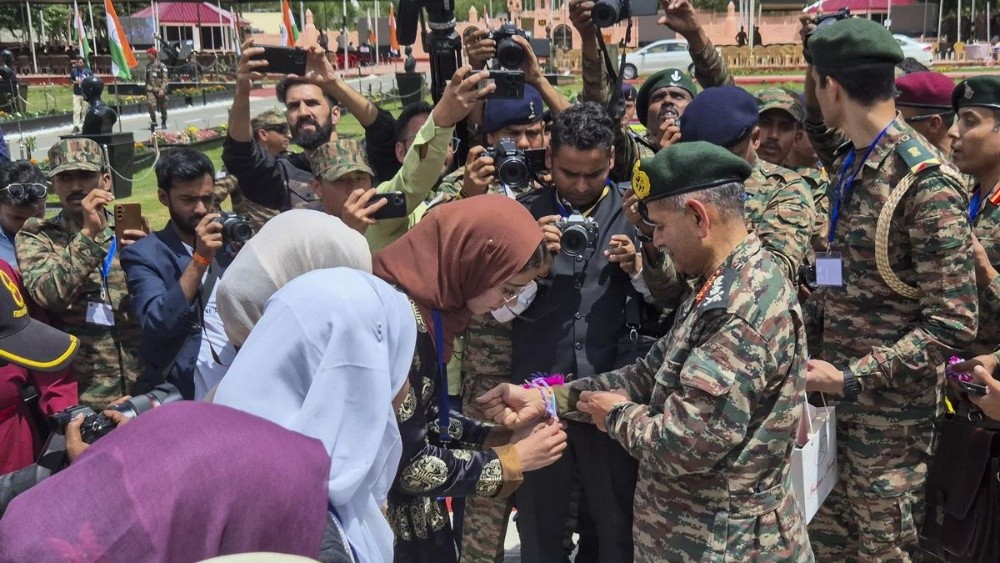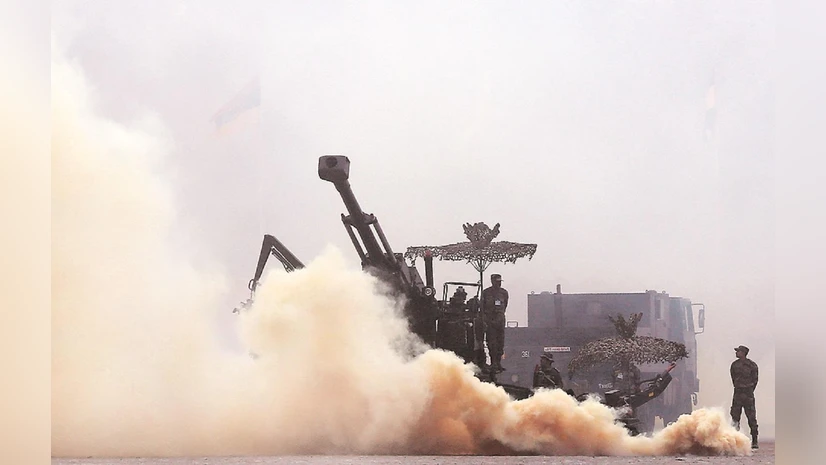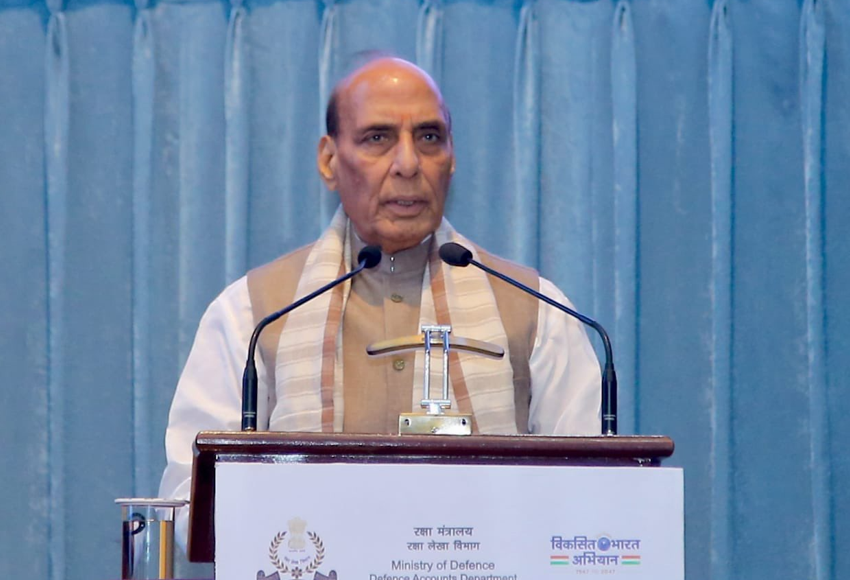Description
Disclaimer: Copyright infringement not intended.
Context:
The death sentence of Kerala nurse Nimisha Priya in Yemen for murdering her business partner, and ongoing efforts for her acquittal involving compensation to the victim’s family, highlight the concept and implications of 'blood money.'
What is Blood Money?
- Blood money or 'diya' has its basis in Islamic Sharia law and is observed in countries that incorporate these laws into their legislation.
- Under the "diya" rule, the offender must pay a selected amount of valuable property, primarily cash, to the victim or the victim's family if the victim has died. The custom is mainly practiced in cases of involuntary manslaughter and culpable homicide.
- It is also applied in cases of murders where the relatives of the victims choose not to retaliate through "qisas" (the Shariah method of retribution).
Legal Framework: The amount of diyah is usually determined by negotiation and varies based on factors such as the victim's gender and religion. In traditional Islamic law, murder is considered a civil matter between individual not just a state matter with the victim or his heirs having significant power in deciding the solution.
- According to the law, the ultimate goal is not to make human life more expensive but to alleviate the misery and suffering of the affected family and their eventual loss of income.
- However, it should be noted that even if the parties involved are reconciled through "blood money", the community and the state retain the right to impose deterrent punishments including sanctions.
- In its current applications, "blood money" is encouraged in several Islamic countries, with factors such as the gender, religion and nationality of the victim coming into play.
- For example, in Saudi Arabia, traffic regulations specifically mandate the payment of "blood money" to the heirs of victims who die in traffic accidents. In addition, the offender will be punished with imprisonment.
What’s India’s stand on ‘diya’?
- Provisions for giving or receiving "blood money" have no place in India's formal legal system. However, the system allows accused persons to negotiate with the prosecution through "plea bargaining".
- Although the concept cannot be directly equated with "blood money", the scheme provides a procedure whereby a defendant agrees to plead guilty to a specific crime committed by the accused in exchange for a concession from the prosecutor.
- Introduced through the Criminal Law (Amendment) Act 2005, plea bargaining comes with several restrictions, unlike 'blood money' which has a wider scope.
-
- For example, plea bargaining can only be initiated for crimes punishable by less than seven years in prison.
- It cannot be applied if the accused has previously been convicted of a similar crime.
-
- Further, this provision does not apply to crimes committed against women or children under the age of 14; heinous crimes such as murder or rape; and crimes related to socioeconomic conditions, including civil rights.
- In addition, the accused must voluntarily plead guilty and not be coerced. However, on a "blood money" basis, plea bargaining can also allow the victim to receive compensation.
Were there other Indians who were pardoned for "blood money"?
Yes, there have been several cases involving Indian nationals who were pardoned by paying blood money.
- Ten Indians in the United Arab Emirates (2017): In this case, ten Indian nationals were forgiven to the victim's family after blood was paid to the tune of 200,000 dirhams.
- Seventeen Indians in UAE (2009): These individuals were on death row for the murder of a Pakistani national, but were pardoned after blood money of nearly ₹4 crore was paid. The Indian Consulate was actively involved by hiring a law firm to plead their case.
Way Forward
- Strengthen diplomatic interventions: The Government of India should establish specialized legal aid and consular support mechanisms to negotiate and facilitate the resolution of cases involving citizens abroad to ensure transparency in blood money arrangements.
- Promote international legal awareness: Educate Indian expatriates about local laws and implications of blood money practices in host countries to avoid legal entanglements and ensure better compliance with local regulations.
Source:
The Hindu
|
PRACTICE QUESTION
Q."Blood money" is often discussed in the context of legal systems, ethics, and the compensation for human life. Examine the concept of blood money in relation to its historical, cultural, and legal implications. How does this practice intersect with modern notions of justice, reparation, and human rights in India? (250 words)
|















